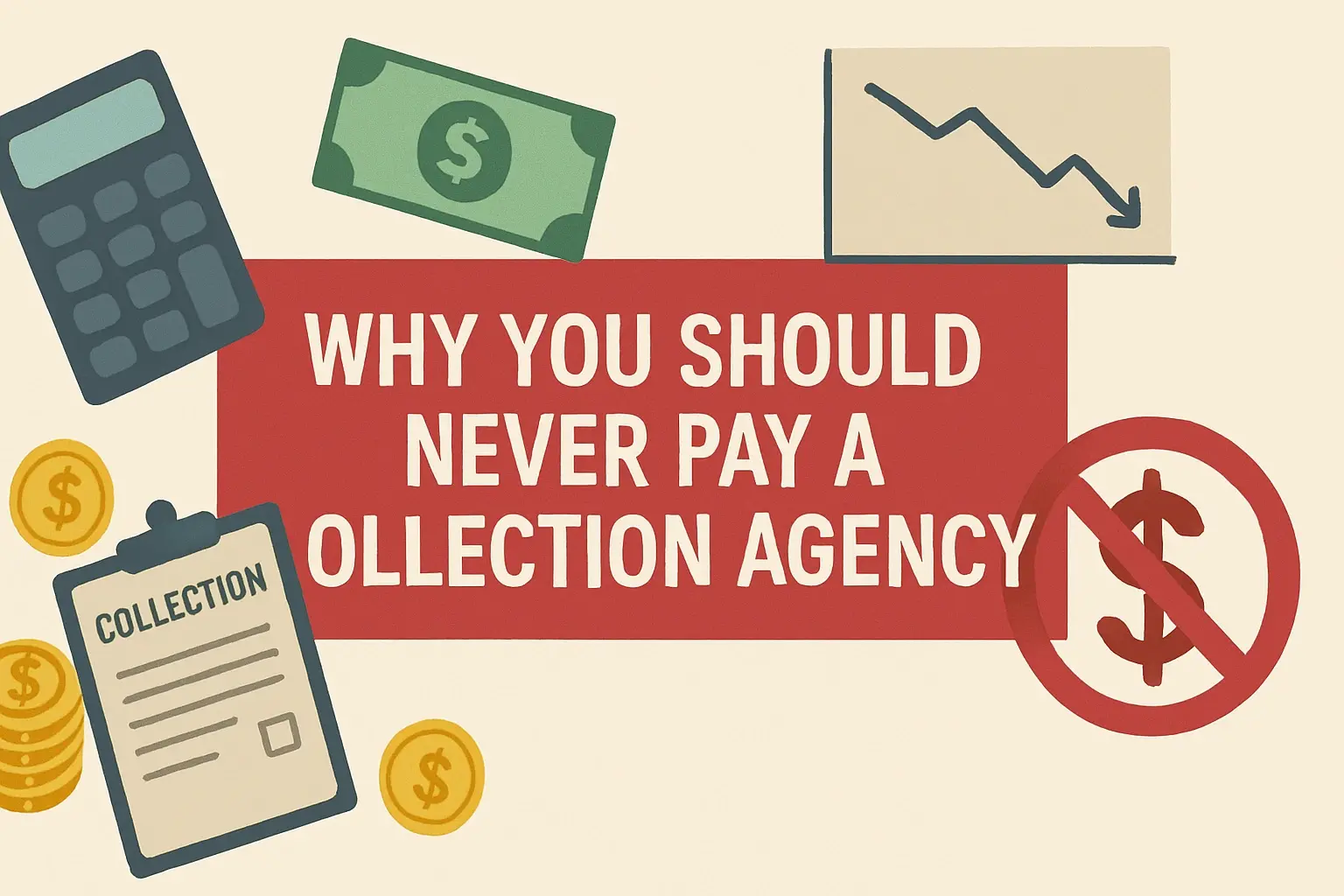-
Posted on: 24 Dec 2022

-
Securing financing for a commercial real estate (CRE) venture is a significant undertaking. A competent commercial mortgage broker can be an invaluable asset, guiding you through the complex landscape of loan options and helping you secure the best possible terms. But to maximize the value of their expertise, it's crucial to engage in thoughtful dialogue. Here are the top 10 questions you should ask your mortgage broker when seeking financing for your next CRE project.
1. What Types of Commercial Real Estate Loans Do You Specialize In?
Mortgage brokers often specialize in specific types of commercial real estate loans. Some may focus on multifamily properties, while others concentrate on office buildings, retail spaces, or industrial properties. Understanding their area of expertise is vital.
- Why it matters: A broker specializing in your property type will have a deeper understanding of the market dynamics and lender requirements relevant to your specific needs. They'll also have established relationships with lenders who actively lend on those types of properties.
- Possible follow-up questions: "What percentage of your business is focused on properties like mine?", "Can you share some recent examples of deals you've closed in this sector?"
2. What Lenders Do You Work With?
A good broker will have a network of lenders, including banks, credit unions, private lending institutions, and life insurance companies. The diversity of their network directly impacts the options available to you.
- Why it matters: Access to a wider range of lenders increases your chances of finding the most competitive rates and terms. It also allows you to explore different loan structures to suit your specific financial situation.
- Possible follow-up questions: "Do you work with lenders specializing in [specific loan program, e.g., SBA 7(a), CMBS]?", "What are the advantages of each lender you typically work with?"
3. What Loan Terms and Interest Rates Can I Expect?
This is arguably the most crucial question. You need a realistic understanding of the potential loan terms, including the interest rate, loan term (e.g., 5 years, 10 years), amortization schedule (e.g., 25 years, 30 years), and any associated fees.
- Why it matters: The interest rate and loan terms significantly impact your monthly payments and the overall cost of the loan. Understanding the amortization schedule helps you project your equity buildup over time.
- Possible follow-up questions: "Are the interest rates fixed or adjustable?", "What are the prepayment penalties?", "What are the origination fees and other closing costs?", "Can you provide me with a loan amortization schedule?"
4. What is the Loan-to-Value (LTV) Ratio You Anticipate?
The Loan-to-Value (LTV) ratio represents the amount of the loan compared to the appraised value of the property. Lenders use LTV to assess the risk associated with the loan.
- Why it matters: A lower LTV typically translates to a lower interest rate and better loan terms. It also indicates the amount of equity you'll need to invest in the property.
- Possible follow-up questions: "What appraisal methods do lenders typically use?", "How does the LTV ratio affect the interest rate and other loan terms?", "Can I increase my equity investment to lower the LTV and secure better financing?"
5. What is the Debt Service Coverage Ratio (DSCR) Required?
The Debt Service Coverage Ratio (DSCR) measures the property's ability to cover its debt obligations. It's calculated by dividing the property's net operating income (NOI) by its total debt service (principal and interest payments).
- Why it matters: Lenders use DSCR to assess the property's cash flow and its ability to repay the loan. A higher DSCR indicates a lower risk for the lender.
- Possible follow-up questions: "How does the DSCR requirement impact the loan amount I can qualify for?", "What are the key factors that lenders consider when calculating NOI?", "Can you help me project the DSCR based on my expected rental income and expenses?"
6. What Documents Will I Need to Provide for the Loan Application?
Preparing the necessary documentation can streamline the loan application process. Understanding the required documents upfront will save you time and potential delays.
- Why it matters: Gathering the required documents in advance demonstrates your preparedness and professionalism, which can positively influence the lender's perception.
- Possible follow-up questions: "Do you have a checklist of required documents?", "What are the acceptable formats for these documents?", "Are there any documents that I can start gathering now to expedite the process?"
7. What is the Underwriting Process Like?
The underwriting process involves the lender's assessment of your financial history, the property's value, and the overall risk associated with the loan. Knowing what to expect can help you navigate the process more effectively.
- Why it matters: Understanding the underwriting criteria allows you to proactively address any potential concerns and strengthen your application.
- Possible follow-up questions: "What are the key factors that lenders consider during underwriting?", "What are the common reasons for loan denials?", "How long does the underwriting process typically take?", "Can you provide guidance on how to improve my chances of loan approval?"
8. What Are the Potential Challenges I Might Face During the Loan Process?
Openly discussing potential hurdles allows you to proactively address them and mitigate their impact. No loan process is without its potential complications.
- Why it matters: Identifying potential challenges upfront allows you to develop strategies to overcome them and avoid surprises later in the process.
- Possible follow-up questions: "What are the most common challenges you've encountered with similar deals?", "What steps can I take to minimize these risks?", "How can you help me navigate any potential issues that arise?"
9. What is Your Fee Structure?
Understanding how your mortgage broker gets paid is essential for transparency. Brokers typically earn a commission based on a percentage of the loan amount.
- Why it matters: Knowing the fee structure helps you understand the cost of the broker's services and ensures that there are no hidden fees or surprises.
- Possible follow-up questions: "Is your fee based on a percentage of the loan amount or a flat fee?", "When is your fee paid?", "Do I owe you a fee if the loan is not approved?", "Are there any other fees associated with your services?"
10. Can You Provide References From Past Clients?
Speaking with previous clients can provide valuable insights into the broker's experience, professionalism, and track record. This is a crucial step in verifying their credibility.
- Why it matters: References allow you to assess the broker's reputation and confirm their ability to deliver on their promises.
- Possible follow-up questions: "Can you provide me with contact information for a few of your past clients?", "What were their experiences working with you?", "Were they satisfied with the loan terms and the overall service?"
By asking these ten questions, you can equip yourself with the knowledge necessary to make informed decisions about your commercial real estate financing. A proactive approach and a strong relationship with your mortgage broker are key to securing the best possible loan terms and achieving your investment goals.










